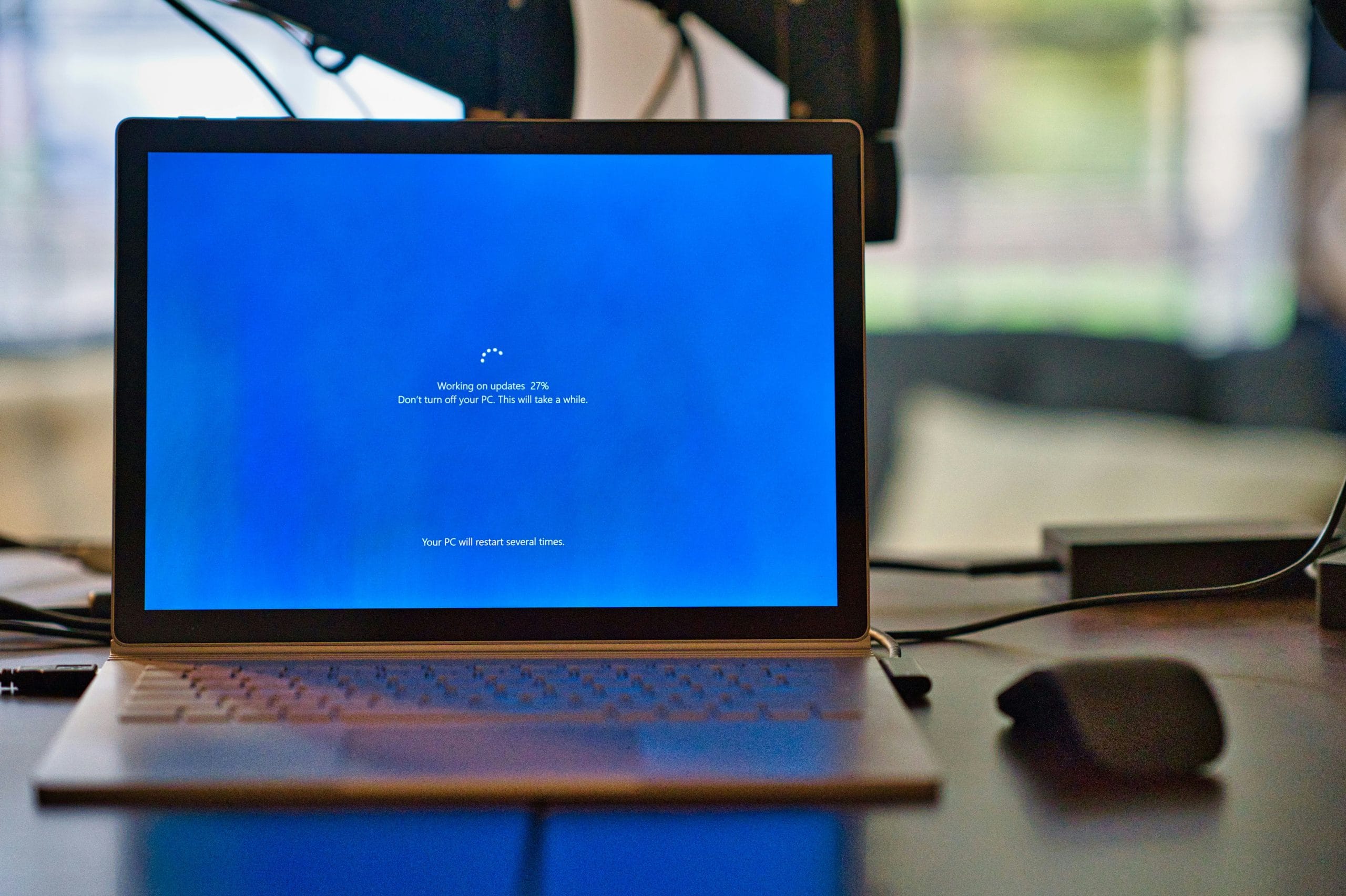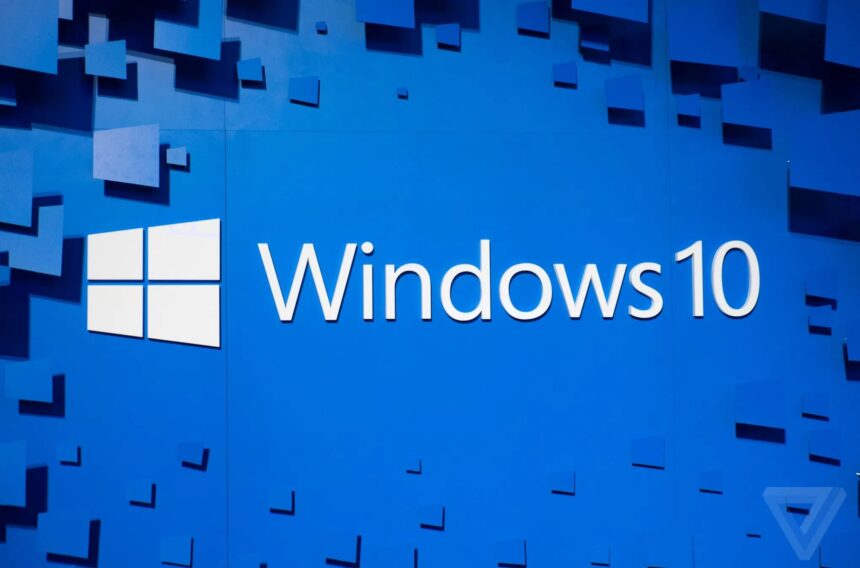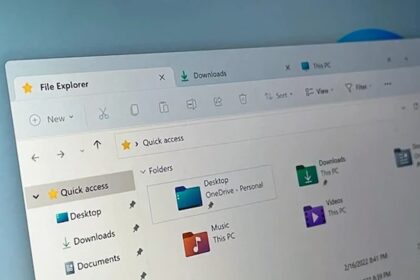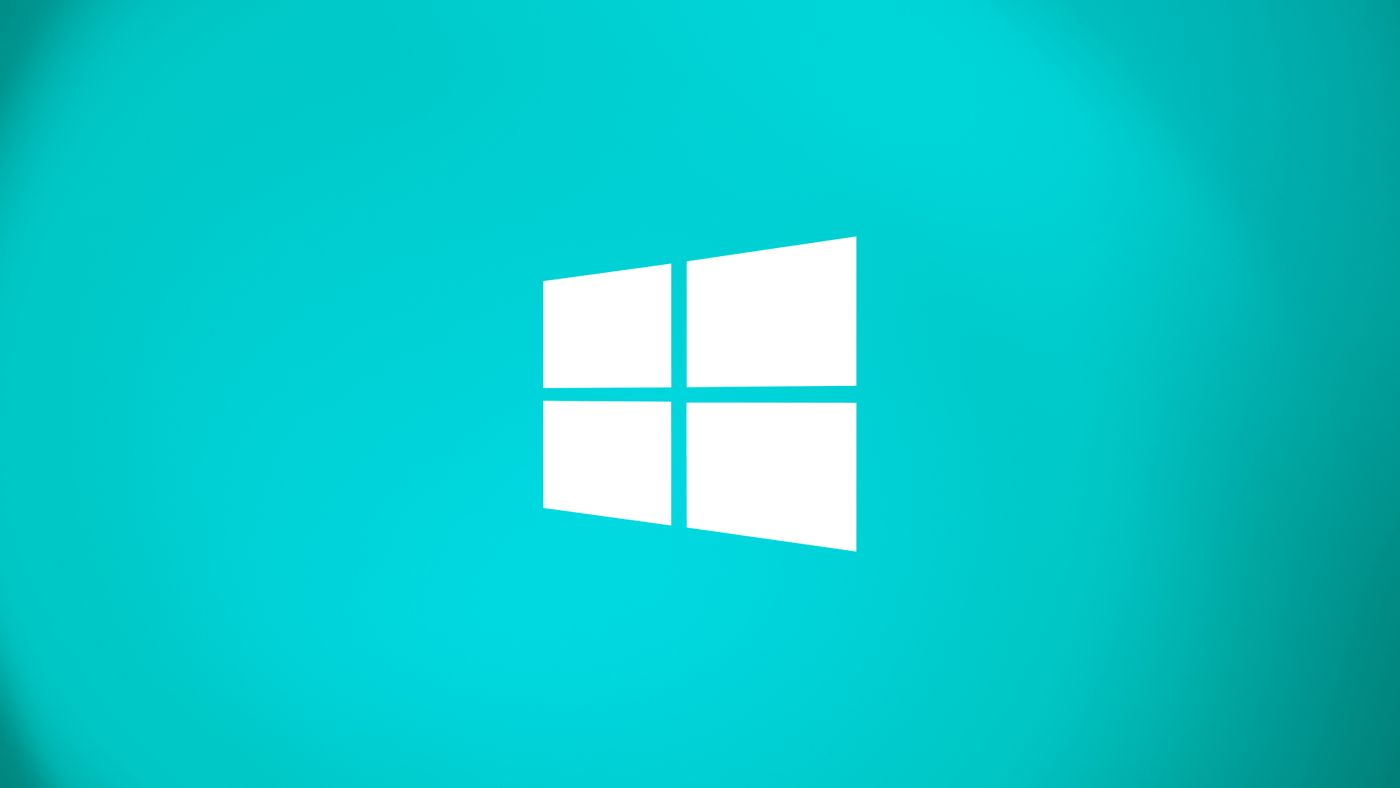A few months back, Microsoft announced it would expand support for Windows 10 updates, a move largely driven by the significant number of users still relying on the operating system. At that time, users were required to take certain steps—such as backing up their PC or earning Microsoft Rewards points—to qualify for free extended support.
Now, Microsoft has relaxed these requirements for the European Union. Under the revised policy, Windows 10 users in EU countries will receive extended updates automatically, without needing to activate backups or participate in Microsoft Rewards.
This change ensures that EU users will continue to get essential security updates and support, making the transition away from Windows 10 less urgent while Microsoft continues its push toward Windows 11 and beyond.
Microsoft Extends Windows 10 Support in the EU Without Extra Requirements
Microsoft has officially confirmed that Windows 10 users in the European Economic Area (EEA) will continue receiving extended security updates without needing to complete additional tasks such as system backups or Microsoft Rewards activities.
In a statement shared with Central Windows, the company explained:
“In the European Economic Area, we are updating the registration process to ensure that it meets local expectations and offers a safe, optimized experience. Our goal is to support customers and provide options during the transition to Windows 11, with uninterrupted access to critical security updates.”
This policy shift comes after a complaint filed by Euroconsumers, a European consumer rights group comparable to Spain’s OCU or FACUA.
The organization argued that Microsoft was effectively shortening the usable lifespan of PCs unable to upgrade to Windows 11, leading to unnecessary electronic waste and additional costs for consumers.
Euroconsumers also pointed out the negative impact on the second-hand PC market. With official Windows 10 support ending, many devices from 2017 and earlier—despite still being perfectly functional—would lose eligibility for refurbishment programs, cutting off their potential for reuse.
The report underlined that 22% of EU users still rely on hardware incompatible with Windows 11, with Spain showing an even higher figure at 25%.
Nearly half of these users have no plans to replace their devices until their essential apps stop working, leaving them at risk of unpatched security vulnerabilities that could expose sensitive data and cause financial harm.
For the rest of the countries, everything will remain the same

It’s important to note that this new policy only applies within the European Union. For users in other regions, the current requirements remain unchanged: having a Microsoft account with backup enabled, redeeming 1,000 Microsoft Rewards points, or paying $30 per year for extended updates.
Even in the EU, however, the process won’t be fully automatic. Users will still need to activate extended support manually. This means less tech-savvy users may risk leaving their systems unprotected once the standard Windows 10 support ends, as failing to enable the updates could expose them to serious security vulnerabilities.











